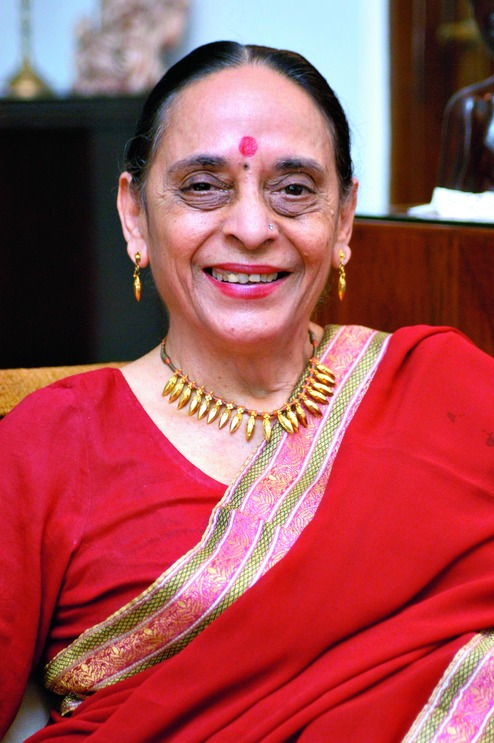
New Delhi, May 6: As in life, Leila Seth set an example in death.
The first woman to become chief justice of a high court in India, who died at her home in Noida on Friday night aged 86, had willed her body to be donated to a hospital.
The end for her came just a few hours after the Supreme Court had upheld the death sentences in the December 2012 Delhi gang-rape-cum-murder that had shaken the nation into tightening its sexual assault laws. Seth had helped draft the new law as a member of the Justice J.S. Verma Committee.
An abolitionist, Seth would likely not have been happy with the death sentences but she did live to see the victim's parents get some closure.
Seth died of a cardiac seizure in the presence of her family members, who included her son and celebrated author Vikram Seth. Her body goes to the Army Research and Referral Hospital at Delhi Cantonment.
All her life, Seth championed the virtues of openness, diversity and tolerance of differences, including some that most people prefer to keep under wraps, such as homosexuality.
She was open about her first-born Vikram's homosexuality and did not hesitate to speak her mind when the Supreme Court re-criminalised homosexual acts in 2013, four years after Delhi High Court had decriminalised them.
Born in 1930 in Lucknow, Seth had enrolled herself with Calcutta High Court in July 1959 and the Supreme Court in September that year.
She practised in Patna High Court for a decade and then in Calcutta High Court for about three years. In June 1974, the Bengal government put her on its panel of lawyers at the Supreme Court.
Designated senior advocate by the Supreme Court in January 1977, she became the first woman judge of Delhi High Court three years later and was transferred as chief justice to Himachal Pradesh High Court in 1991.
After retirement, she remained engaged with matters of the law as a member of various commissions, including the Law Commission of India.
She did not let her age be a deterrent when the UPA government was putting together the Verma Committee in December 2012 to amend the criminal law and provide for quicker trials and enhanced punishments in sexual assault cases.
Besides an autobiography titled On Balance, Seth penned We, the Children of India: The Preamble to Our Constitution to make the Preamble accessible to children, complete with illustrations. She also authored Talking of Justice: People's Rights in Modern India.
President Pranab Mukherjee and Prime Minister Narendra Modi expressed condolences today, with Mukherjee noting her "immense contribution to the development of jurisprudence".
Historian Ramachandra Guha remembered her as "an exceptional Indian, a sublime combination of intelligence, grace and courage".
A consensus emerged that in the passing of the diminutive woman with the big one-rupee-sized bindi, the country had lost another voice of reason at a time it desperately needs such conscience-keepers.










